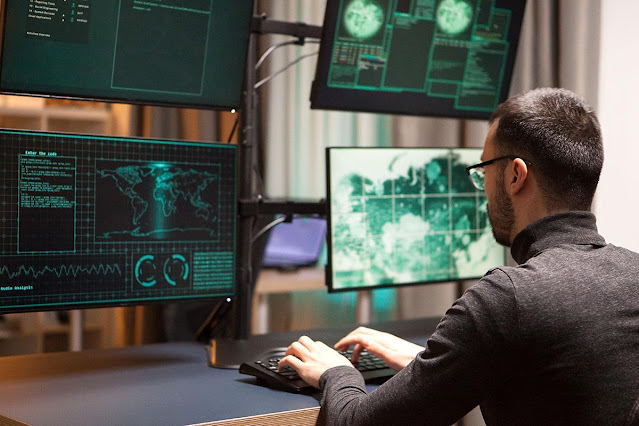Top Cybersecurity Challenges Businesses Face in 2025

Cybersecurity threats are growing more complex every year, and 2025 is no exception. Businesses—whether small startups or global enterprises—are under constant pressure to protect sensitive data, maintain customer trust, and comply with evolving regulations. For professionals looking to step into this field, pursuing a Cyber Security Course in Chennai can be the ideal starting point to understand these challenges and learn how to address them. Let’s take a deep dive into the top cybersecurity challenges businesses will face this year. 1. AI-Powered Cyber Attacks Artificial intelligence is a double-edged sword. While it strengthens defense mechanisms, it also empowers attackers. Hackers now use AI to: Craft highly convincing phishing emails. Automate malware that adapts to detection systems. Generate deepfake audio and video for social engineering scams. This creates an environment where attacks are not only more frequent but also harder to detect. Businesses need AI-dri...


